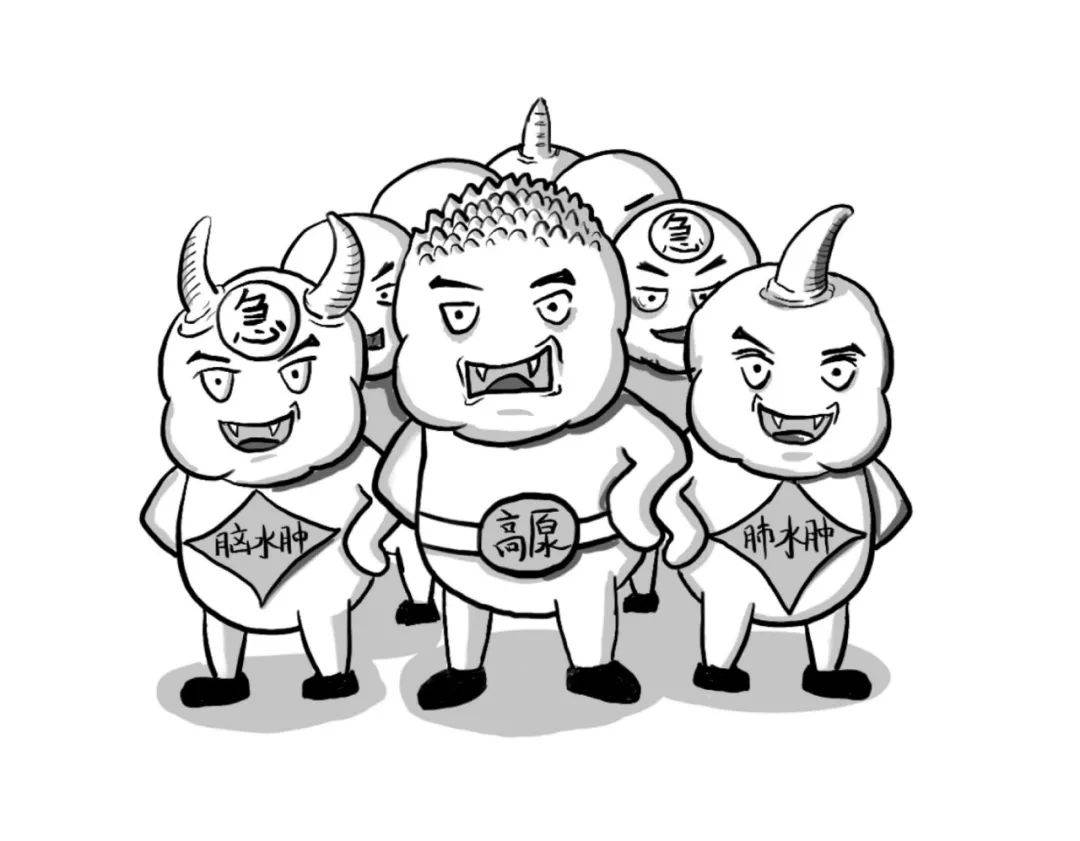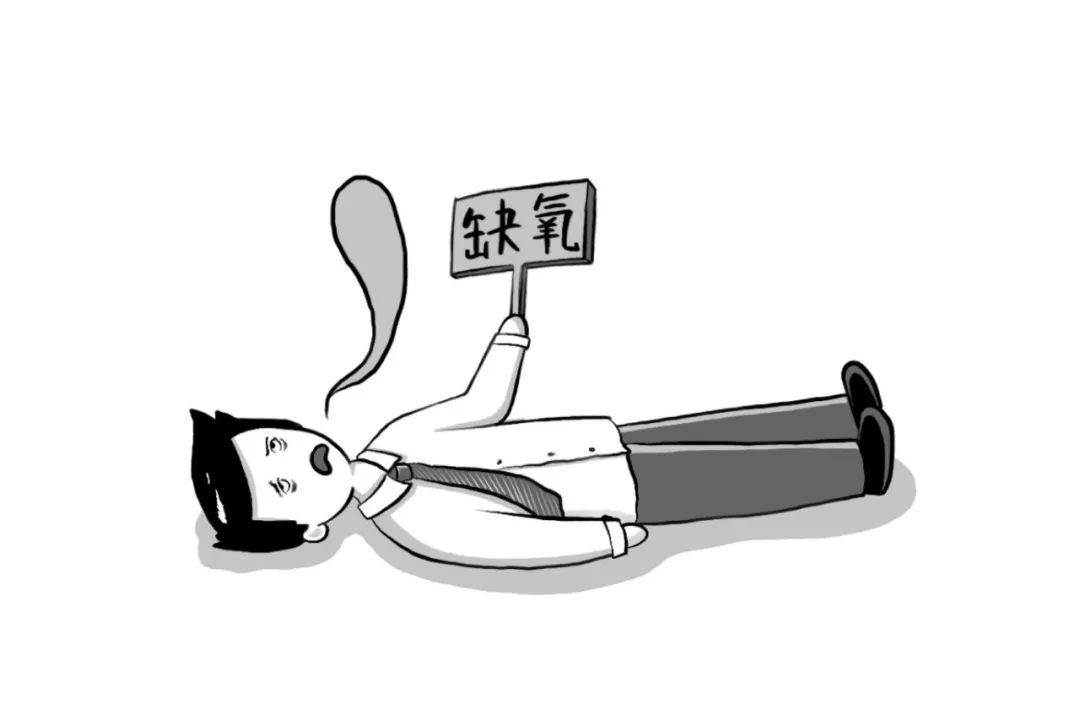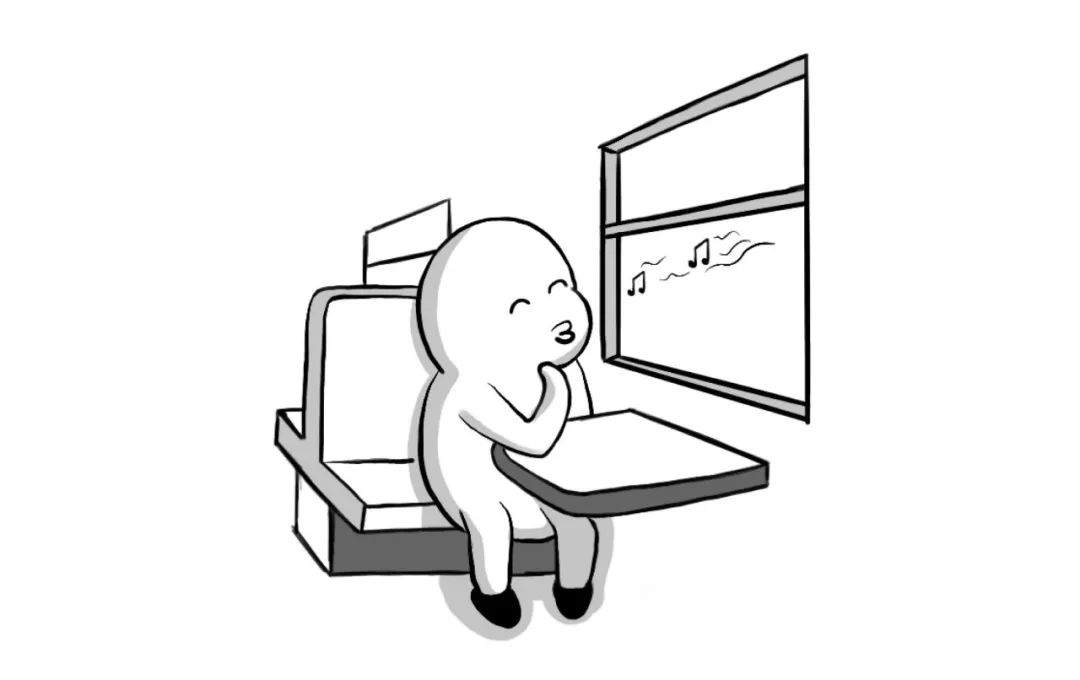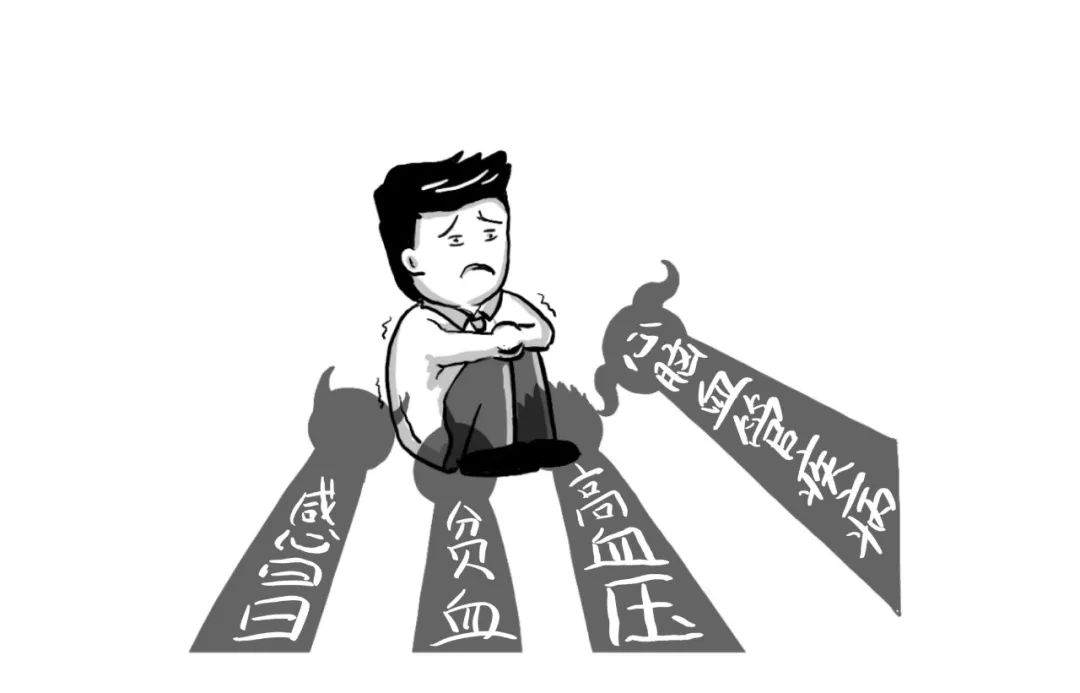
Altitude sickness, many people will have
Why is there altitude sickness? I’m afraid it starts with [living].
As long as a person is alive, he needs to breathe constantly. Oxygen enters the body from the outside world and is transported to all parts of the body through blood. When cells have oxygen, they begin to work seriously. Once the oxygen content in the blood decreases, the human body will have various emergency reactions, such as dizziness, headache, limb weakness, etc.
On plateaus three or four kilometers above sea level, the air is thin and oxygen content is low. People are accustomed to the oxygen content on the plains, and when they get here, their bodies are forced to make difficult adjustments. This group of diseases, which is characterized by lack of oxygen, is called altitude sickness. The altitude sickness we often mention is the most common altitude sickness.

Acute altitude sickness usually occurs within hours to days after entering the plateau area, resulting in chest tightness, shortness of breath, nausea, vomiting, headache and other discomfort.
Generally, it is not too serious. Usually the symptoms will disappear after the altitude drops by 300 ~ 1000 meters. Altitude sickness seems terrible, to put it bluntly, in two words:

Altitude sickness is not only uncomfortable, but also difficult to prevent.
It is often said that strong people are more prone to altitude sickness.
In fact, whether altitude sickness occurs or not is not necessarily related to physical quality. The reason why it is difficult to prevent is mainly because it is related to the innate oxygen carrying capacity of cells.
 In addition, according to daily experience, there are such people who are more prone to altitude sickness-obese people.
In addition, according to daily experience, there are such people who are more prone to altitude sickness-obese people.
If you are overweight, cells need to consume more oxygen to maintain normal physiological movement.

This is tantamount to adding to the already anoxic plateau. I didn’t expect that the first step in traveling to the plateau was to control my weight first.
In addition, calmly face altitude sickness, there are the following secrets for reference.
1, good mentality, no big deal
Altitude sickness is only a normal physiological reaction, which everyone may encounter and need not worry too much.
Keep a good state of mind before departure, relax, do some homework related to altitude sickness, and don’t have too much psychological burden.
2. Train Travel
Choosing a smoother travel route when going out can give body cells more time to adapt.
For example, when traveling to Tibet, taking the train will be a good choice. While enjoying the scenery along the way, the body is slowly adjusting.

3. Clock in at the hospital in advance
If you are worried about your physical condition, you’d better consult your doctor before leaving.
Get some drugs to prevent altitude sickness, such as acetazolamide, dexamethasone, etc. Different drugs have different components, so follow the doctor’s advice when using them!
4, do what you can, can sit don’t stand
On the plateau, we must do what we can and do less strenuous exercise. At ordinary times, long-distance running, fitness and exercise all stop first.
Very not easy to lie far away, must be as comfortable as the emperor. Don’t let altitude sickness disturb the situation.

5. A method that is not pleasant to try: oxygen inhalation
In general, oxygen inhalation can relieve almost all symptoms of altitude sickness. It is suggested that friends who travel to the plateau should carry portable oxygen cylinders with them and inhale oxygen through nasal tubes or masks. Supplement enough oxygen and the symptoms will naturally be relieved.
Altitude sickness is not terrible, but if the disease continues to deteriorate, severe headache, dyspnea, frequent vomiting and other phenomena, we should be alert to the possibility of high altitude pulmonary edema and cerebral edema. We should quickly transfer to low altitude areas and seek medical treatment as soon as possible.
However, people with the following diseases are still not recommended to travel to plateau areas:
 Even a slight cold may become the cause of altitude sickness!
Even a slight cold may become the cause of altitude sickness!
If you are in poor health, it is better to rest at home.
